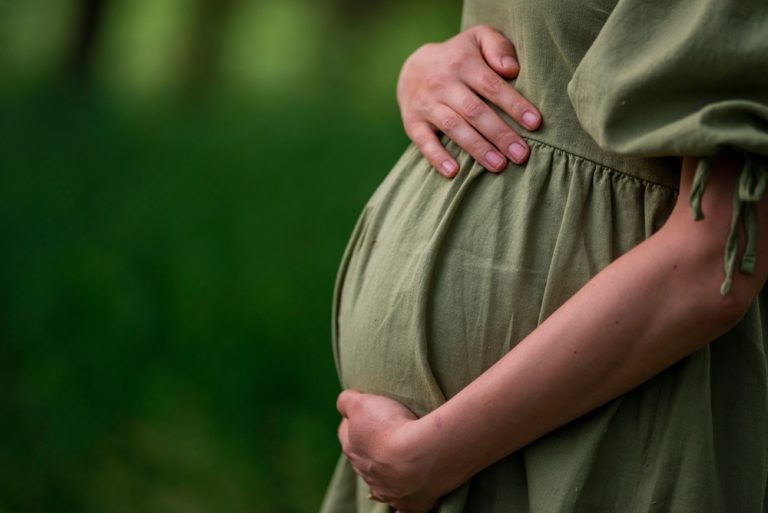For the first time in 60,000 years, humanity is not having enough babies to replace its population, which is causing significant concern worldwide. Global fertility rates have been steadily declining, with many countries now seeing more deaths than births. The global fertility rate currently stands at 2.25, just above the replacement rate of 2.1, but this varies significantly by region. For instance, fertility rates in Europe, the Americas, and Asia are near or below two children per woman, while in Africa, the rates have dropped from nearly seven children per woman in the 1970s to about four today.
This decline in fertility rates has far-reaching implications for the global economy and the international balance of power. The Institute for Health Metrics and Evaluation (IHME) predicts that by 2100, 97% of countries will not have high enough fertility rates to maintain their population sizes. Despite the overall global decline, some low-income countries, particularly in sub-Saharan Africa, continue to have high fertility rates, which will drive population increases in those areas throughout the century.

The reduction in fertility rates does not mean the human population will drastically decline anytime soon. The current world population of 7.6 billion is expected to reach 8.6 billion by 2030, 9.8 billion by 2050, and 11.2 billion by 2100 due to ongoing births in high-fertility regions and improvements in healthcare leading to longer life expectancies. However, the changes will necessitate significant adjustments in global economies and societies, particularly in countries with rapidly aging populations and shrinking workforces.
Experts warn that these demographic shifts will require reorganizing societies and addressing challenges such as migration and global aid networks. The competition for migrants to sustain economic growth will intensify as more countries experience declining birth rates and aging populations. This shift will fundamentally alter global dynamics, necessitating innovative solutions to maintain economic stability and social cohesion.




